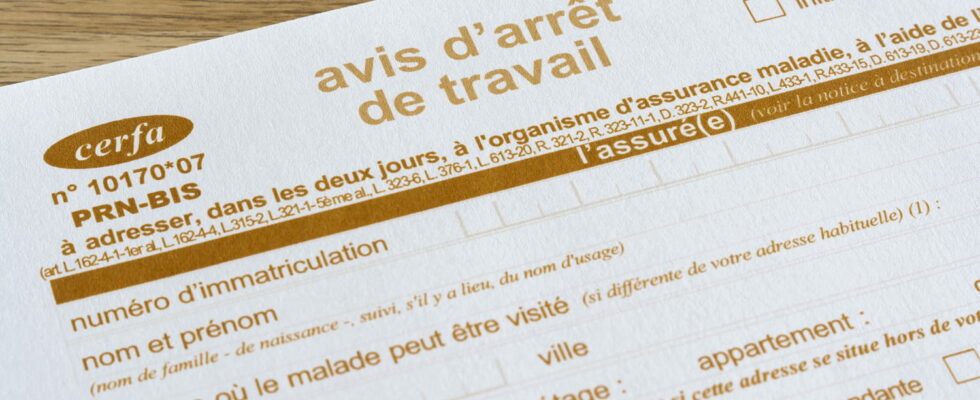The Senate has definitively adopted the social security financing bill for 2025. This includes a significant change concerning sickness stops.
New plane in the management of sick leave. Monday, February 17, 2025, the Senate definitively adopted the social security financing bill for 2025 also called “PLFSS 2025”. This text results in a new increase in social security deficit, now estimated by the government at 22 billion euros in 2025 and 24 billion euros in 2028 (it was 18 billion in 2024). Among the measures adopted by the Senate to reduce the deficit, the drop in compensation in the event of sick leave.
These allowances make it possible to financially support employees during the disease, by ensuring part of their income when they cannot go to work. In France, these daily allowances are paid by health insurance. The daily allowances are calculated from the basic daily salary, which is determined from the wages of the last three months preceding the judgment or, for employees whose remuneration varies (such as temporary workers or seasonal workers), from 12 last months. The indemnity corresponds to 50% of this basic daily salary and it is capped.
The amount of the ceiling is fixed by social security. Before the new PLFSS 2025 law, the maximum amount of the compensation could reach 1.8 times the daily minimum wage (52 euros per day). It now increases the daily minimum wage to 1.4 times 40 euros per day so 12 euros less, for an estimated gain at 400 million euros. By capping the compensation at 1.4 minimum wage instead of 1.8, the maximum amount that employees can receive on work stoppages will therefore be lower. Workers with wages greater than 1.4 minimum wage (€ 2522.52 gross) but less than 1.8 minimum wage (€ 3,243.24 gross on the basis of the minimum wage in force on February 1, 2025) will be the most affected.
The allowances can be paid up to 360 days for a period of three years in the event of current diseases, or longer for long -term conditions or special cases. There is a deficiency period of 3 days for employees in the private sector, which means that the allowances are paid from the 4th day of stopping. The deficiency period is 1 day for employees in the public sector. The passage from 1 to 3 days of deficiency for civil servants was proposed by the former Government Barnier but abandoned by that of the current Prime Minister, François Bayrou.
